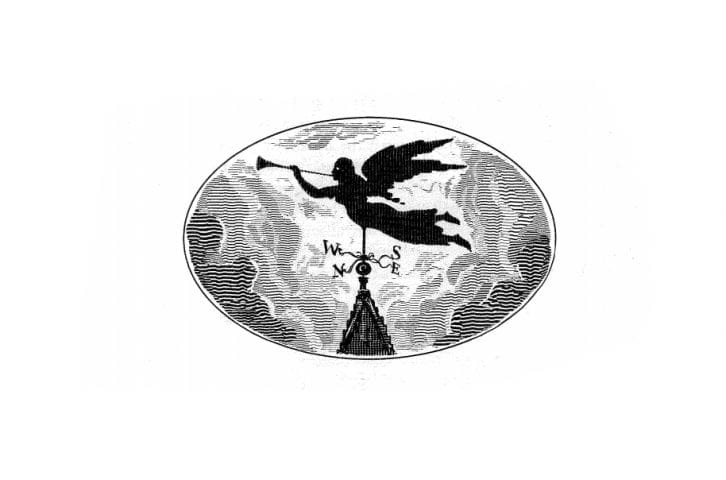Editor's Note: This is a sermon delivered at Appleton Chapel in Memorial Church, Harvard University, on April 30, 2004. The morning service lasts 15 minutes and the sermon is strictly limited to five minutes.
* * *
The text: "And when thou goest forth to war against thine enemies, and the Lord thy God hath delivered them into thine hands, and thou hast taken them captive, And seest among the captives a beautiful woman, and hast a desire unto her, that thou wouldest have her to thy wife; Then thou shalt bring her home to thine house; and she shall shave her head, and pare her nails; And she shall put the raiment of her captivity from off her, and shall remain in thine house, and bewail her father and her mother a full month: and after that thou shalt go in unto her, and be her husband, and she shall be thy wife. And it shall be, if thou have no delight in her, then thou shalt let her go whither she will; but thou shalt not sell her at all for money, thou shalt not make merchandise of her, because thou hast humbled her."
—Deuteronomy 21:10-14 (KJV)
Not many sermons these days concern the laws of war for the Israelites as distinguished from the Israelis. But consider that the captive woman, though beautiful and fairly won, presents a risk—a non-Jewish wife for a Jew. In 397 A.D., St. Jerome made an allegory of the passage in a letter responding to the criticism that he relied too much on secular wisdom (Letter 70; my thanks to Professor Stephen Brown of Boston College for the reference, and with acknowledgments to my friend the late Ernest J. Fortin). The warrior who captures is the Church and the captive woman is Greek philosophy, always useful and attractive but dangerous to faith and community. The use of philosophy to Christians is to provide guidance for a way of life that is not prescribed for them by a comprehensive law like the divine law for Jews or for Muslims. But philosophy on its own is presumptuous in its claims for human reason and careless of the human need for authority. It can be welcomed only after a 30-day trial to show that it has changed its ways.
Today Greek philosophy has been succeeded by science, while the Christian religion has lived in a long, eventful marriage with philosophy and, somewhat complacently, sees no reason to reject it. The captive woman needs to be examined carefully, because once you marry her you will find it hard to get rid of her. She may actually turn on you. Modern science, more aggressive than Greek and medieval philosophy, wants to switch roles and make religion the captive woman and itself the conquering warrior in the position of deciding whether the marriage should continue. Here is a brief reasoning to show why science should remain a captive woman of religion.
* * *
Both science and religion seek truth, and both respond to human needs. Science responds to the human need for power. We need power because we are weak; without science we cannot protect ourselves securely against the risks to which we are exposed by our mortality. With science we have the means, in Francis Bacon's phrase, for "the relief of man's estate." Religion, too, must face the fact of death, but it does so differently, in a spirit of gratitude. The Christian religion says that though life is imperfect, life is sweet because man is made in the image of God. When we consider the divinity within us we are reminded that life is good, life is a gift—but also that we are imperfect in goodness as well as in power. We yearn for perfection in both goodness and power.
Science offers only an increase in power and has no way to understand goodness, let alone produce it. For all its wonderful benefits it cannot tell you what is a benefit, what not. Science believes in progress and has no gratitude for the past. It feels no debt to St. Jerome and others from the so-called Dark Ages who preserved philosophy—hence science—when it could have been extinguished. The Christian religion, or any religion concerned with both goodness and power, is wiser, more sophisticated, and more responsible than our modern science. As individuals, scientists are not mad for power, but the enterprise of science is sure, though sure it cannot prove, that more power from science is good for humanity. In its confusion science must settle for the condition of a captive woman who, if fortunate in her captor, may become, said St. Jerome, "a woman of Israel."



